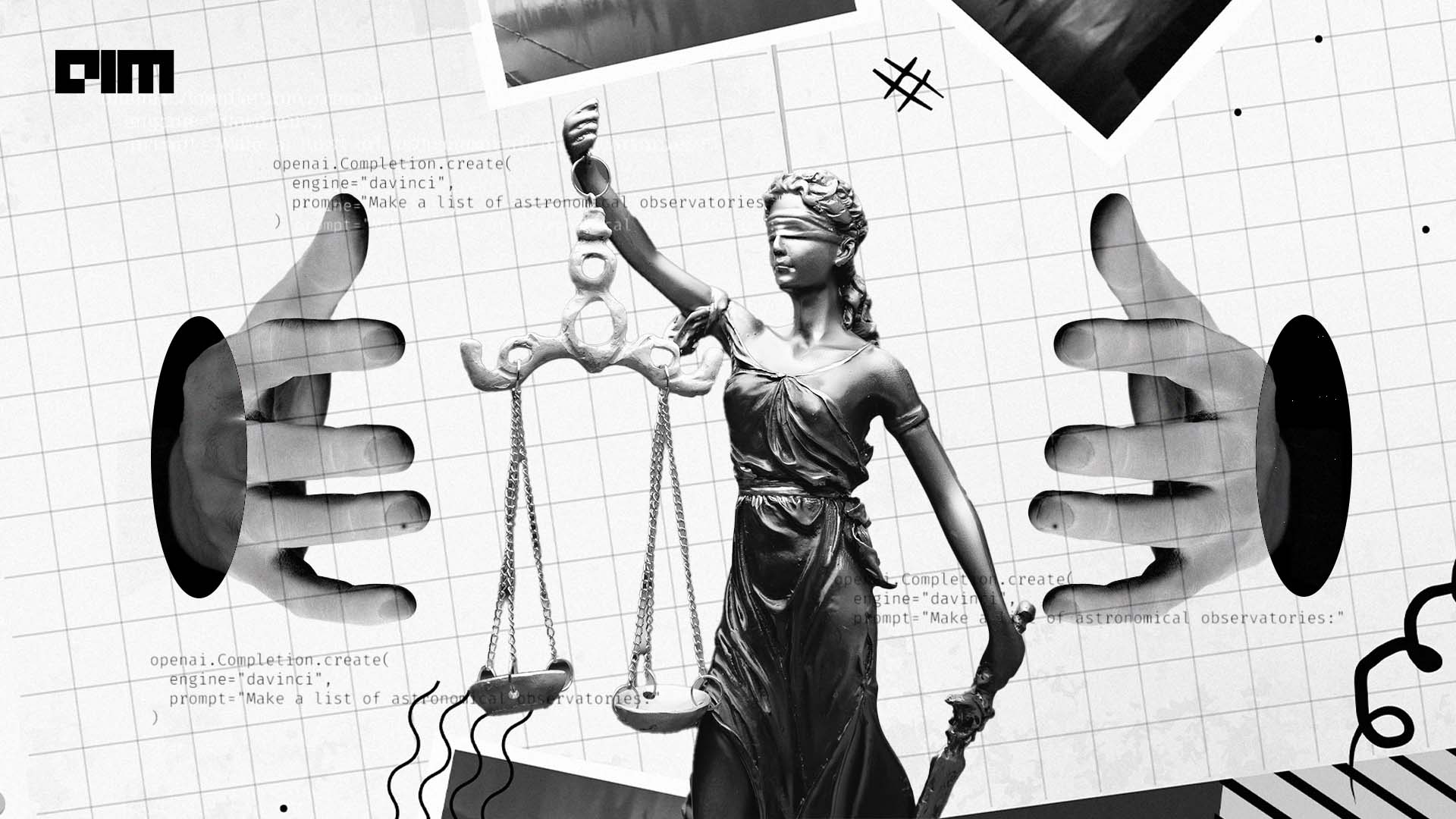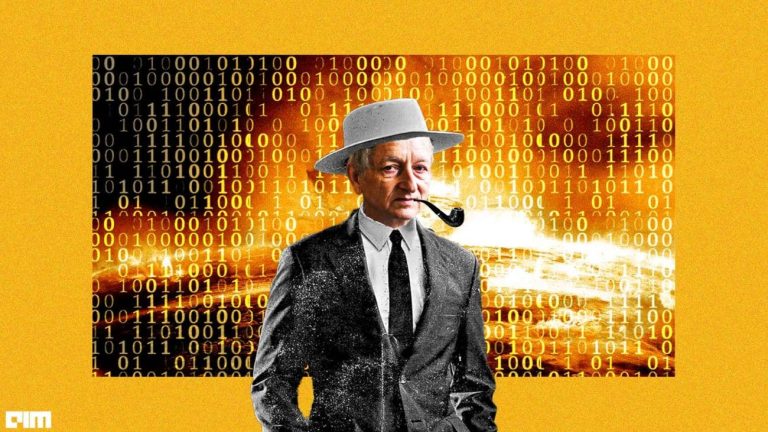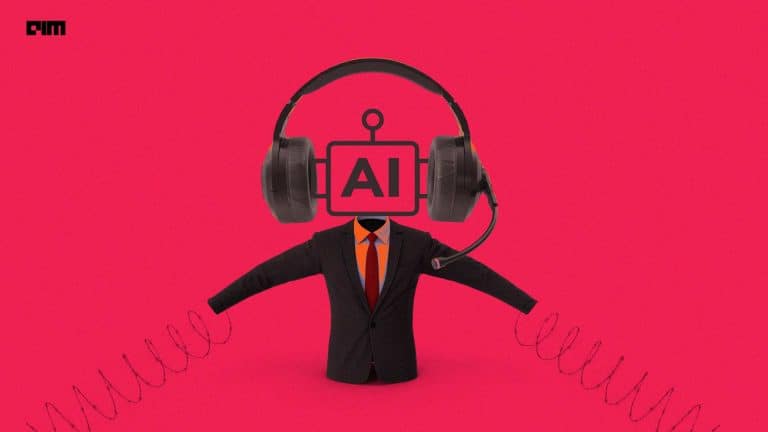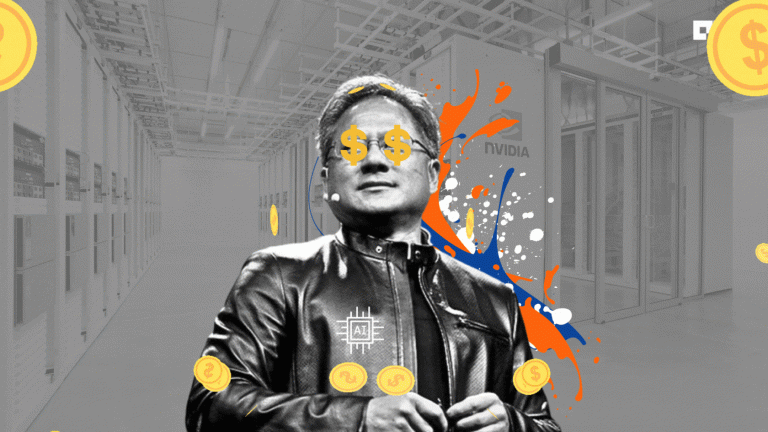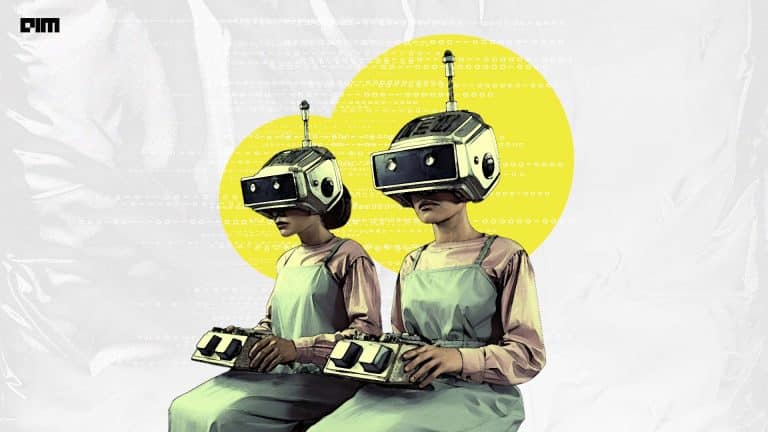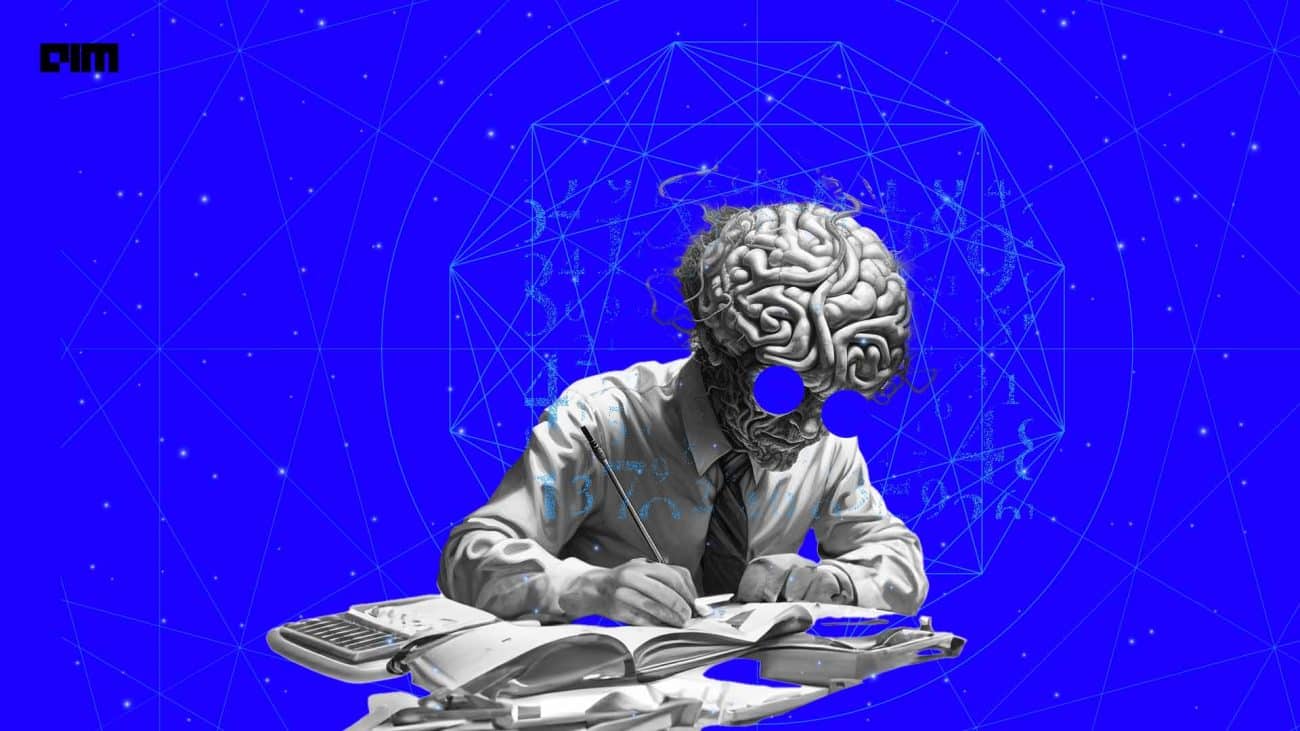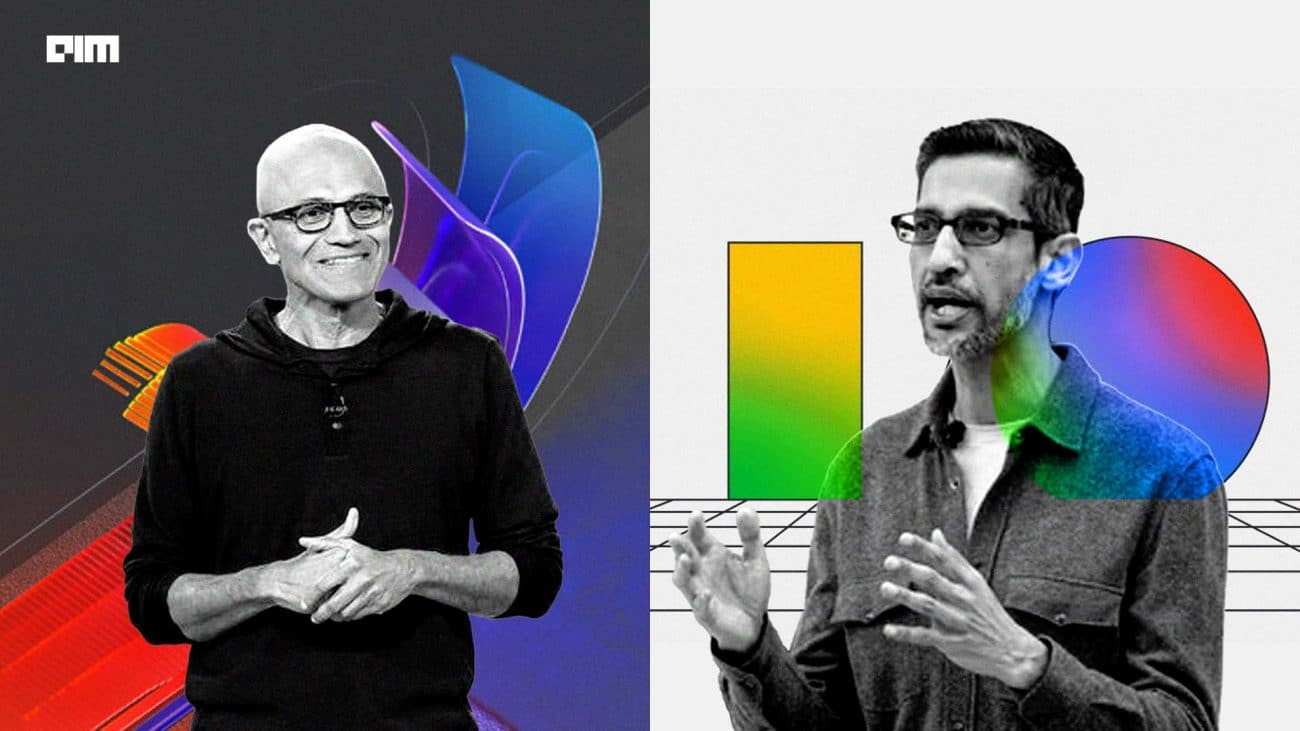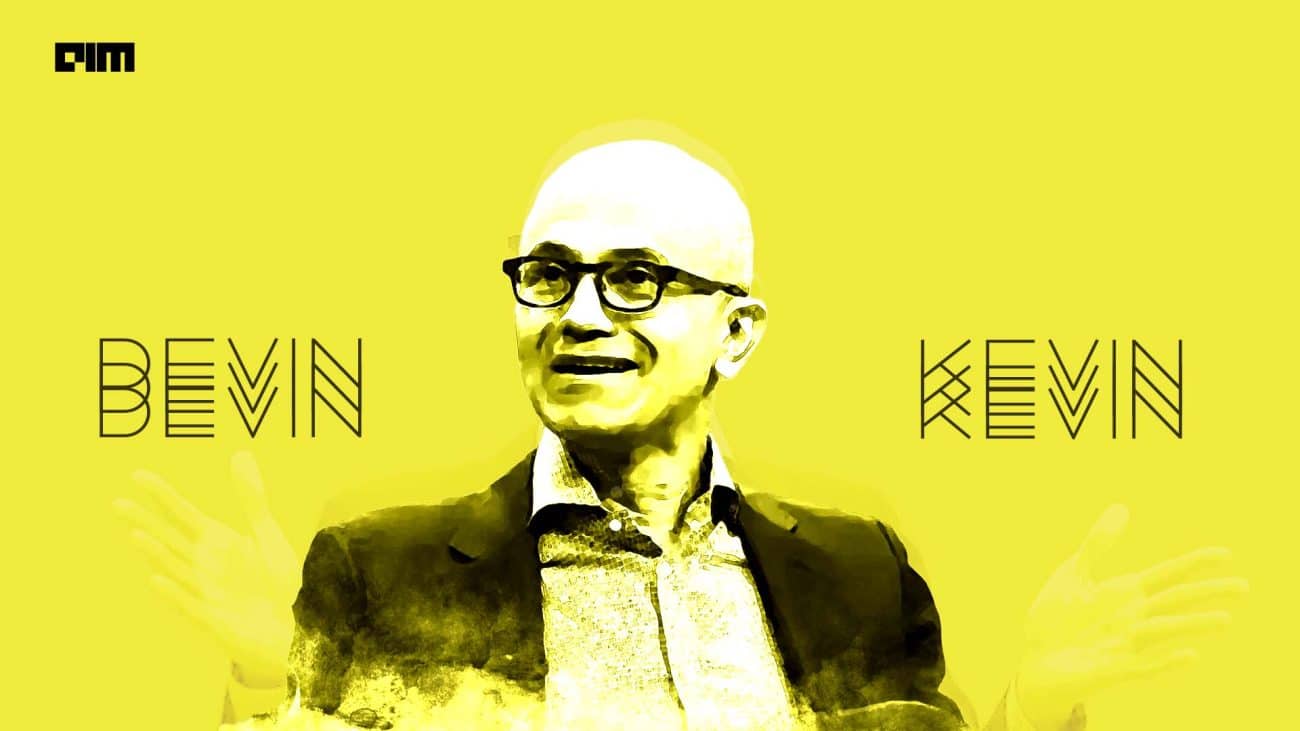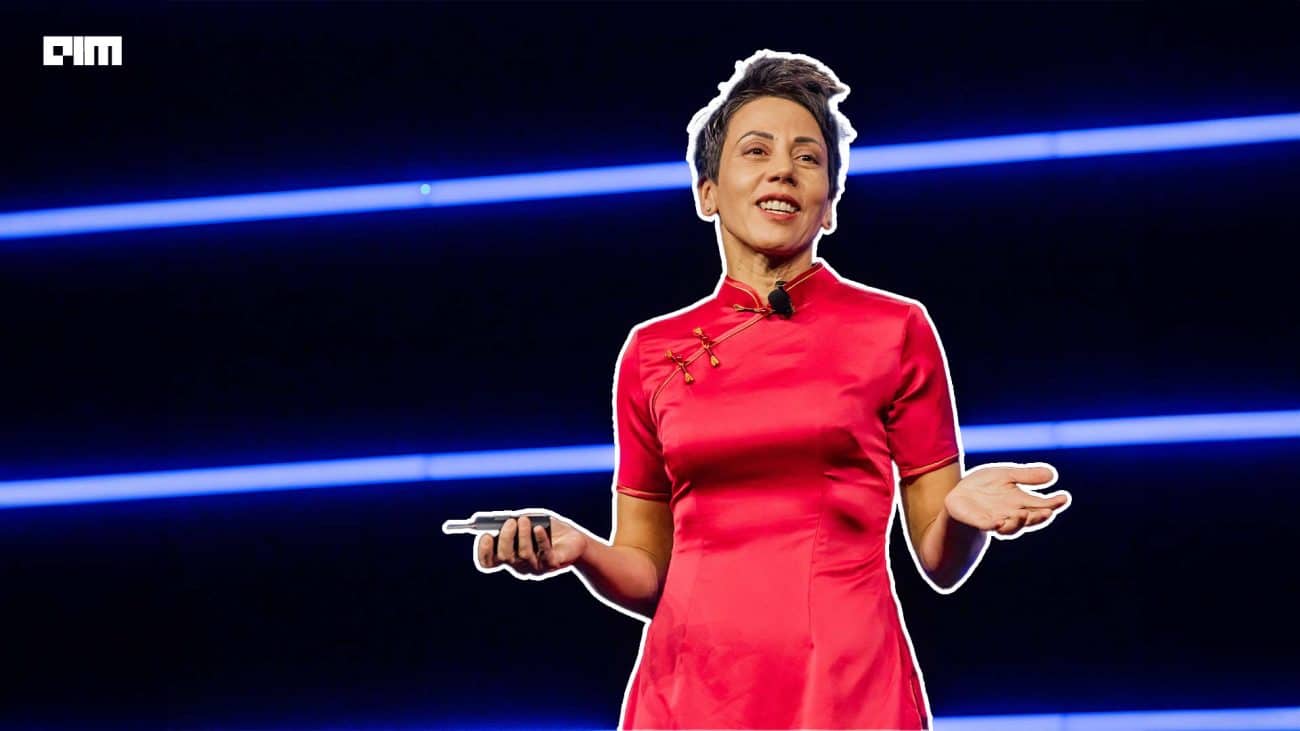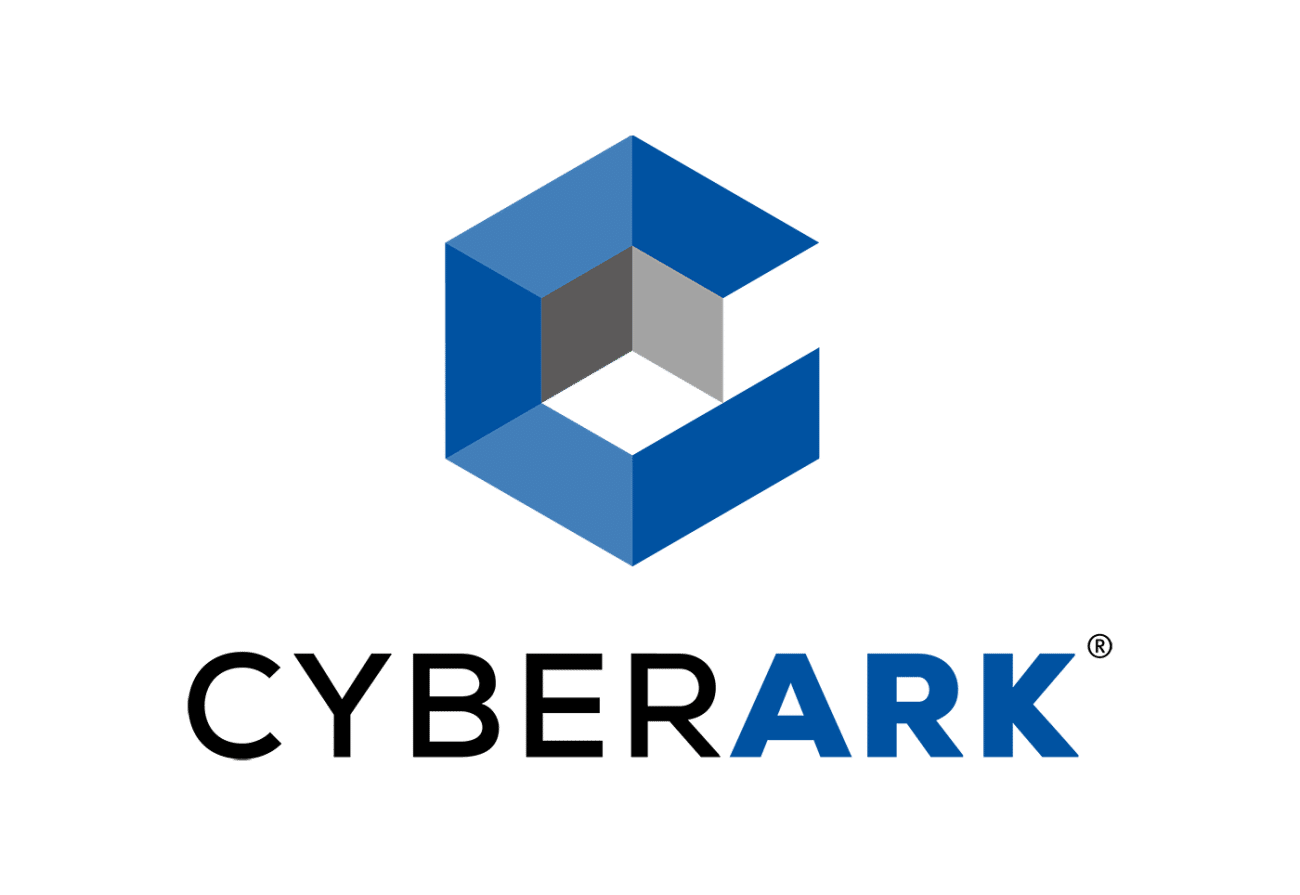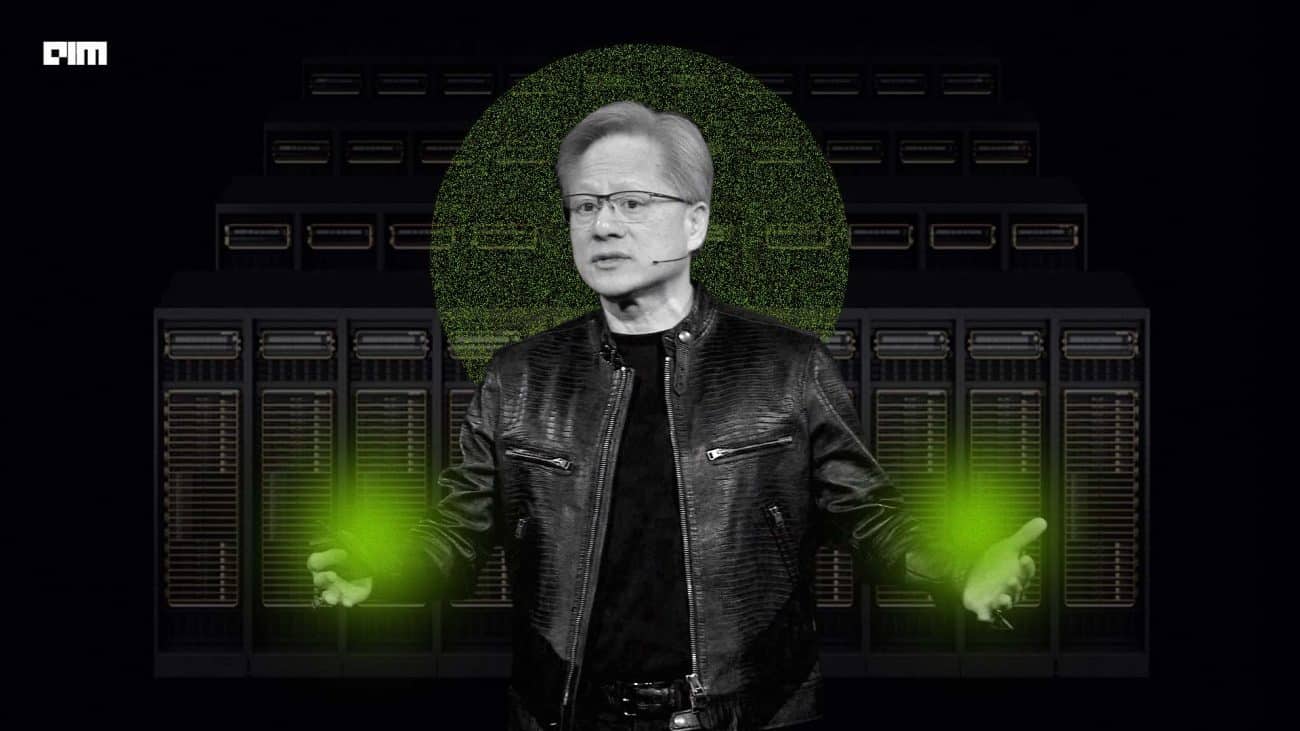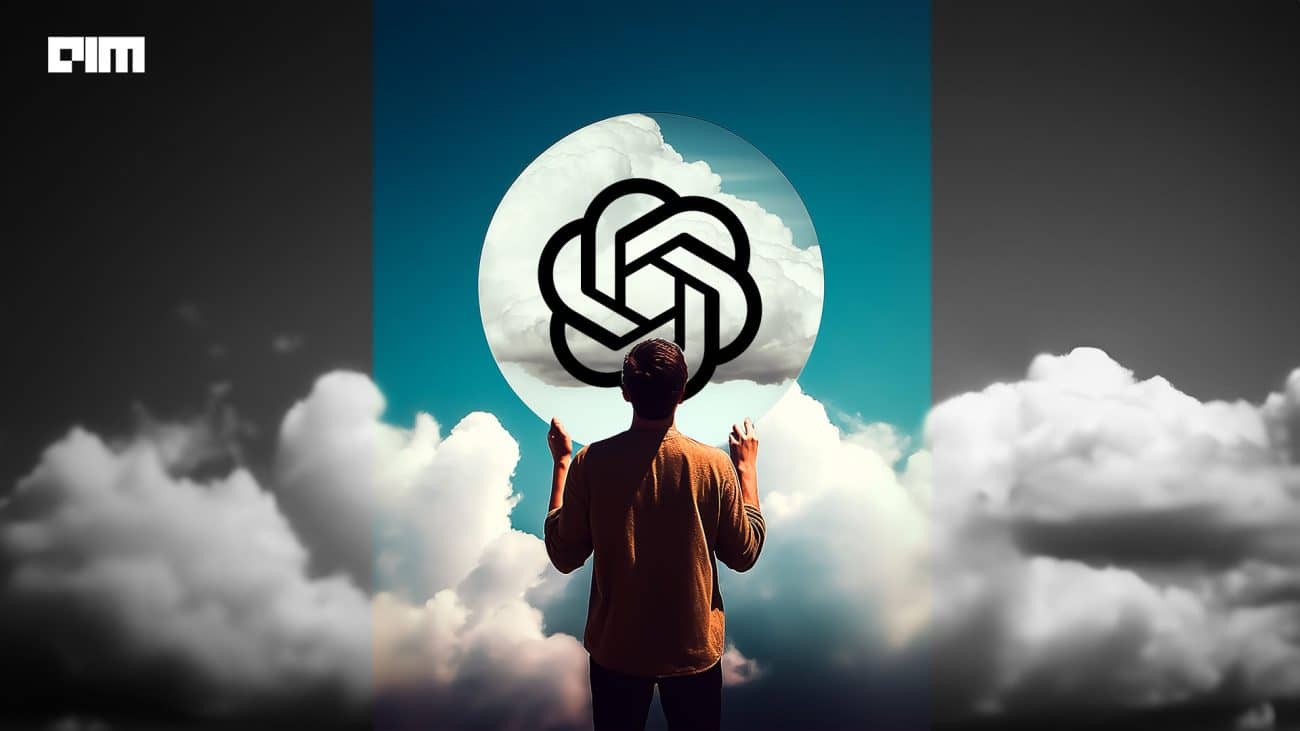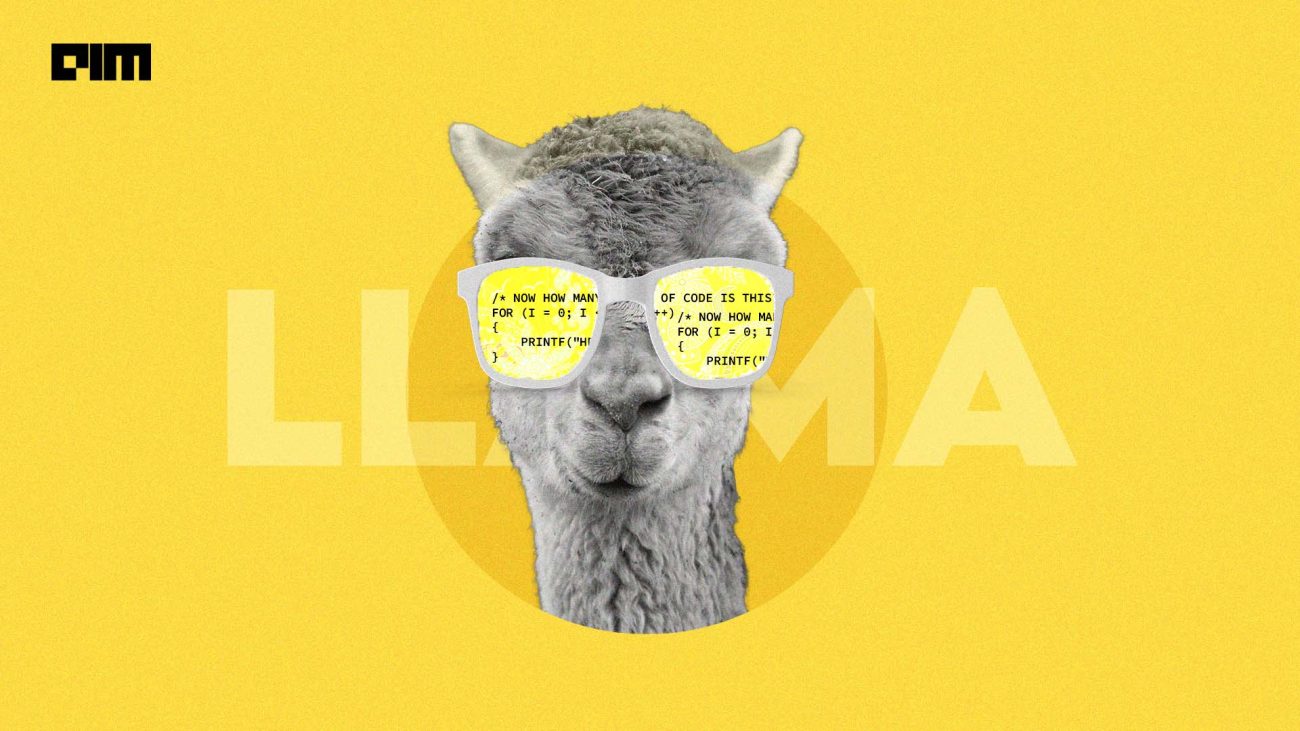Amid the wake of copyright concerns in generative AI created content, the Indian government recently announced that the existing IPR regime is well equipped to protect AI generated works. “No need to create a separate category of rights,” it added.
“This is a great move, and one that balances the interests of AI companies and rights holders.” posted Ed Newton Rex, the CEO of Fairly Trained, a non-profit for fairer training of generative AI companies.
He added that the government is not saying AI shouldn’t be supported, “They’re just saying AI companies should pay for the resources they use, like every other industry. This will pave the way for responsible AI development in the country,” he added, saying that the US, UK and elsewhere should take note.
This is in contrast to the distinct approach regarding AI and copyright laws, setting a precedent that diverges from both the EU and the US models. In Japan, the government has concluded that copyright laws do not apply to the training of AI technologies.
While the US is still navigating this murky space, the EU has already drafted a comprehensive regulation of artificial intelligence (AI) technologies, especially concerning copyright rules for generative AI tools like ChatGPT.
Existing IPR Regime
This declaration upholds the government’s existing legal frameworks, including the Copyright Law of 1957 and the Patent Law. The law is believed to provide ample protection and exclusive rights to creators and inventors of AI-generated content.
According to the announcement, the Copyright Law, in particular, should grant copyright owners exclusive economic rights over their works, such as the rights to reproduction, translation, and adaptation.
This law mandates that anyone wishing to use AI-generated works for commercial purposes must obtain the appropriate permissions, unless the use falls under the fair dealing exceptions outlined in Section 52. Similarly, the Patent Law ensures that innovations, including those achieved through AI, can be patented as long as they meet established criteria of novelty, inventiveness, and industrial application.
The responsibility for enforcing these rights lies with the individual rights holders, supported by legal measures against infringement or unauthorised use. This approach reflects a broader understanding that the existing legal structures are adept at accommodating the evolving nature of technology, including AI, without necessitating the creation of new categories of rights.


